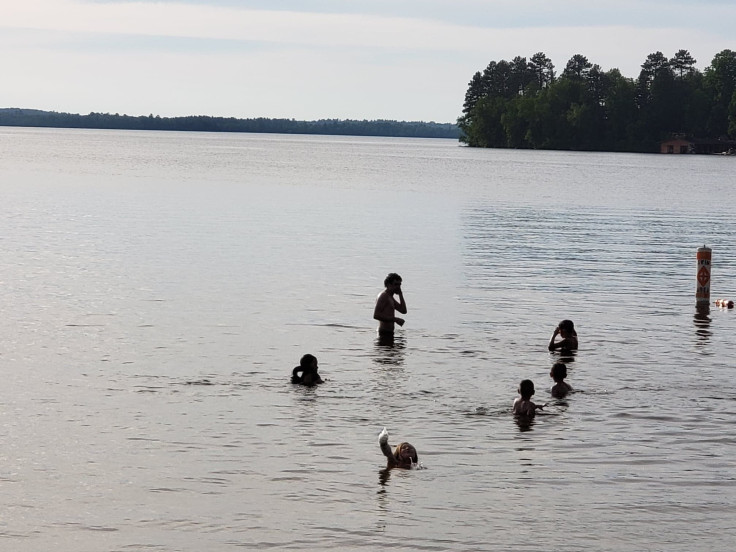Child's Summer Swim Turns Deadly As Brain-Eating Amoeba Likely Cause Of Death

A child who went swimming in a Nebraska river has died from what officials suspect is a brain-eating amoeba known as Naegleria fowleri. If confirmed, it would be the first known death from Naegleria fowleri in the state.
Health officials at the Nebraska Department of Health and Human Services said in a news release that they believe the child most likely acquired the infection while swimming in the Elkhorn River.
Naegleria fowleri is an amoeba that can be found in warm freshwater lakes, rivers, canals, and ponds. It can cause primary amebic meningoencephalitis – a brain infection that results when water containing the amoeba enters the nose and reaches the brain.
While the infection is extremely rare, it is nearly always fatal, the health department said.
State Epidemiologist Dr. Matthew Donahue said that in recent years between zero to eight Naegleria fowleri infections have been identified in the U.S. each year among the millions of recreational water exposures that occur.
"Infections typically occur later in the summer, in warmer water with slower flow, in July, August, and September. Cases are more frequently identified in southern states but more recently have been identified farther north. Limiting the opportunities for freshwater to get into the nose are the best ways to reduce the risk of infection," he said.
Naegleria fowleri is naturally occurring and usually flourishes when water temperature increases over a prolonged period of time.
Activities that can cause infection include diving or jumping into water, submerging the head underwater, or other activities that cause water to go up the nose.
Swimmers can reduce their risk with nose clips or by keeping their heads out of the water. They also should avoid digging or stirring up sediment at the bottom of the lake or river.
Further testing is being done by the Centers for Disease Control and Prevention to confirm if Naegleria fowleri was the cause of the child's death, ABC News reported.
© Copyright IBTimes 2024. All rights reserved.





















